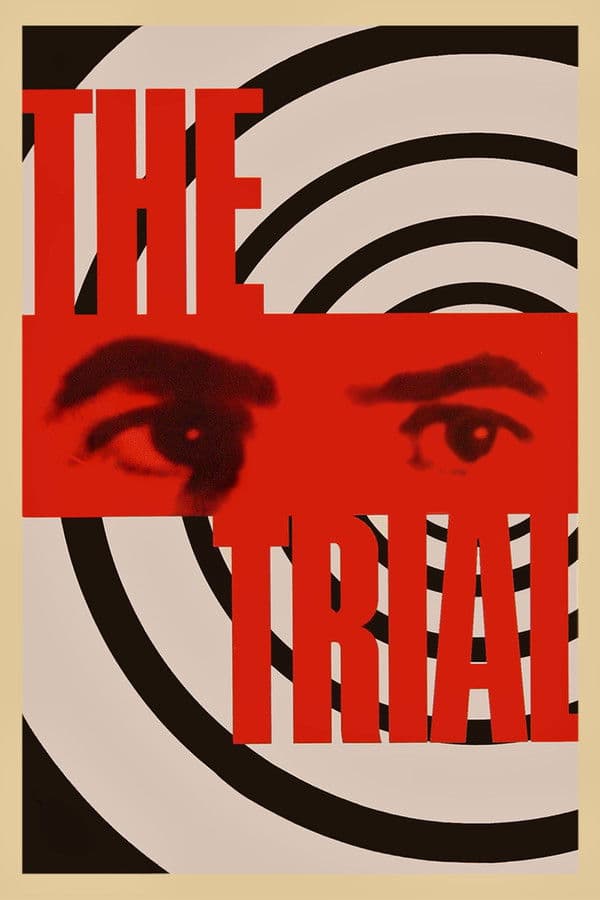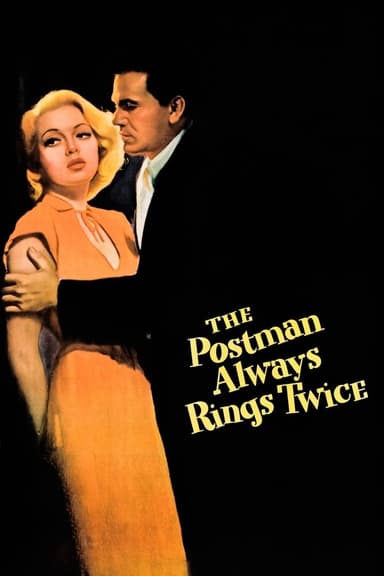
The Trial
1962 • Crime, Drama, Mystery • NR
The surreal tale of an unassuming man who is accused of a never-specified crime and shambles through bizarre encounters to escape this nightmare.
Runtime: 1h 59m
Why you should read the novel
Reading the original novel The Trial by Franz Kafka offers a deeply immersive exploration into themes of alienation and the overwhelming might of faceless bureaucracy. Kafka's unique narrative style and psychological insight allow readers to intimately experience Josef K.'s uncertainty and dread. Unlike the film adaptation, the novel unfolds Kafka’s existential questions slowly and abstractly, inviting readers to interpret its ambiguous symbolism in their own terms. Engaging with the book instead of watching the movie provides a fuller appreciation of Kafka’s philosophical wrestling with justice, fate, and authority. The literary complexity and subtlety in Kafka’s prose cannot be entirely captured onscreen, making the novel a must-read for lovers of classic existential literature.
Adaptation differences
One of the most notable differences between Orson Welles’ 1962 adaptation of The Trial and Franz Kafka’s original novel revolves around tone and atmosphere. While the book anchors readers in Josef K.'s claustrophobic and internalized anxiety, the movie amplifies these emotions visually, employing disorienting set designs and stark lighting. This gives the film a surreal, almost horror-like aesthetic, diverging from the novel’s more subtle psychological terror. Another key difference is the approach to narrative and character. Kafka’s novel is filled with ambiguous, often nameless characters and undefined motivations, enhancing its dreamlike quality. Welles’ film, by necessity, provides more concrete personalities and visual representations, which can reduce the deliberate vagueness Kafka uses to instill uncertainty and discomfort. Certain plot points and scenes are also restructured or omitted in the movie to fit cinematic pacing and limitations. The film introduces changes in dialogue and scene order, and in some cases, alters the sequence of events to heighten dramatic impact. Additionally, Welles incorporates some of his own interpretations, adding satirical and socio-political undertones that shift the thematic emphasis from Kafka’s deeply personal existentialism to critiques more reflective of the mid-20th-century context. Ultimately, while the movie captures the spirit of disorientation and bureaucratic nightmare, the book’s abstract prose, pervasive ambiguity, and introspective style make for a very different, and arguably richer, experience. For those keen on exploring the true depths of Josef K.'s journey and Kafka’s vision, the source novel remains an irreplaceable cornerstone.
The Trial inspired from
The Trial
by Franz Kafka










